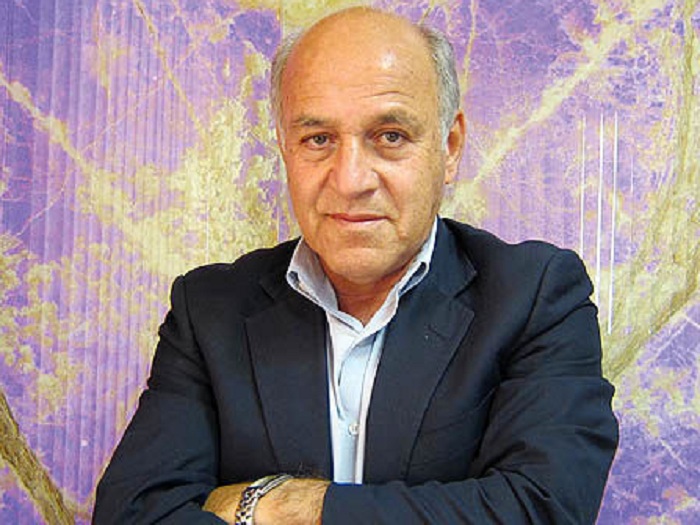Do not throw bureaucratic stones in front of the miner

Member of the National Iranian Stone Association: Miners spend about two-thirds of their useful time removing obstacles created by local and regional administrations.
According to the International Iranian Stone Exhibition, Akbar Zanganeh, inspector and member of the National Iranian Stone Association, emphasized that this sector was not as problematic in the past as it is today, but in recent years, organizations that have some connection with the mine in various ways. The bureaucracy is being rolled down in front of the miners.
Akbar Zanganeh believes that the weakness of the Ministry of Industry, Mines and Trade in implementing the mining law has created such problems, adding: "When the mining law gives the ministry the right to rule, then the Ministry of Silence must defend its right." Slowly
According to Zanganeh, the mines are part of Anfal and the law of the mining sector has been handed over to the Ministry of Industry, so when a mine is discovered by a natural person, it leads to an estimate of mineral reserves and extraction that is economically justified The Ministry of Silence and its subsidiaries must protect and protect the owner of the mine and the license they have issued.
Inspector of the National Stone Association in response to the question why the holder of the exploitation license is not given the right to extract and extract from the mine? He added: "Unfortunately, after the issuance of the exploitation license, which includes the designated mining area for mining operations, the miner, while paying government salaries in accordance with the law, is faced with the intervention of organizations that eventually close the mine."
Referring to the unwarranted and illegal interventions of the Environment Organization, the Range and Watershed Management Organization and the Cultural Heritage Organization, he added: "Each of these organizations in the post-discovery stages and before the issuance of exploitation licenses, inspections and research on the mine and They have done so and after receiving the necessary inquiries, they have agreed to issue this license and they can not interfere in the extraction and extraction of the mine that has the exploitation license and cause its closure.
Asked why such interventions take place and what responsibility the Ministry of Industry has in this regard, Zanganeh said: "The Ministry of Industry has not been able to defend its legal right due to its poor management, and in most cases it has fallen short. Has made him miserable.
Referring to the mine, which has been closed for 7 years due to illegal interventions of the Environment Organization, he clarified: in these 7 years, the provincial silence department has not been able to solve the problem of exploitation license and even after referring the work to the facilitation committee and removal committee. Production, they also could not solve the problem even in the presence of representatives of disruptive organizations and closed the mine.
Procrastination in enforcing the law
The inspector of the Iranian Stone Association, stating that the law on mines is approved by the parliament and is binding, and we miners do not want anything from the Ministry of Industry other than the implementation of this law, continued: The Ministry of Industry has not been able to get its rights from this law. Various ministries have blocked the realization of their rights by signing memoranda of understanding with organizations involved in the mining sector.
Zanganeh stressed that poor management at various times had caused this to happen, and that further personal interpretation of the law had caused problems for miners, as most decisions were made against the law.
Asked whether interactive decisions are made with mining organizations, he said: "There is interaction in words and speeches to the extent that they invite, and finally we reach a conclusion, and approvals are signed by the highest official but are not implemented." For example, during the period of Mohammad Massoud Samieinejad's deputy for mines, the Sang headquarters was formed and held meetings, but during the time of Jafar Sarghini, this headquarters did not hold any more meetings and its approvals were not implemented.
Zanganeh stressed that a miner could tolerate such problems to some extent, noting that if the mine was shut down, he could no longer be returned to the mine for production. As of the 2,200 licensed mines, more than 1,400 were closed.
According to him, the involvement of parallel organizations in the mining sector has reached a point where they do not allow the miner to be mined within half a kilometer of his area, which is determined by law and exploitation license, and he can not dig anywhere else for calibration if he needs to move. Slowly
* Tasnim










